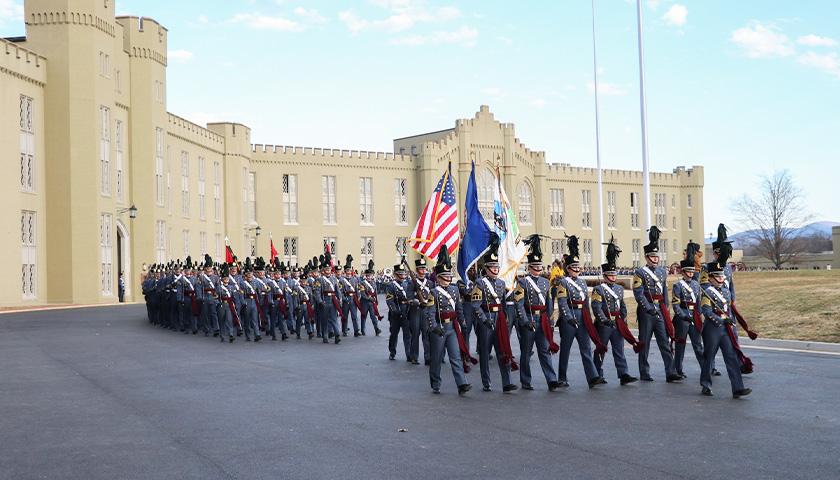by Christian Wade
Connecticut cities and towns are seeking tax relief and more money for education from the state as a new legislative session gets underway.
The Connecticut Conference of Municipalities has released a list of legislative priorities that its 168 municipal members believe “merit priority action” by Gov. Ned Lamont and the General Assembly before the regular session ends in June.
“Town and city leaders believe these proposals will help enhance particular essential services in their communities while at the same time providing fiscal relief from the level of local property taxation needed to pay for critical local services,” Joe DeLong, the conference’s CEO and executive director, said in a statement.
Topping the list of legislative requests is more education funding, with local governments covering more than 50% of the $12.3 billion in annual public school costs.
The conference wants lawmakers to accelerate a phase-in of the Education Cost Sharing Grant formula, and increase funding for special education and other programs.
Local leaders also are seeking increased reimbursement from the state for lost revenue from tax-exempt properties within their communities.
State law exempts nonprofit organizations from paying property tax, even if their cash-strapped communities are getting less money from the state and are forced to make cuts.
The group said while the exemptions average about 12% statewide, nearly a dozen towns have tax exempt property boards of 20%, while several more are upwards of 50% exempt from local taxation.
“While these are the most extreme cases, property tax exemptions affect every town in Connecticut, with the result that the taxes paid by non-exempt taxpayers are higher than they would be without the exemptions,” the conference said.
Another request from the conference, calls for updating the state’s prevailing wage thresholds for renovations, which local leaders say will help them “make more efficient investments in infrastructure without increased reliance on revenue provided primarily by local property taxpayers.”
“While the prevailing wage threshold was adjusted to $1 million for new construction it has not kept up with inflation,” the group said.
The conference also wants lawmakers to lift a requirement that local governments publish documents and notices in print newspapers, which they argue is a costly mandate on towns and cities. Instead, they want the state to revive a COVID-19 emergency regulation allowing them to post notices on city and town websites.
Conference president Tom Dunn, mayor of Wolcott, is among local leaders urging the General Assembly to pass the proposals in the 2023 legislative session.
“These proposals are critical, common-sense initiatives to make life better and more affordable for Connecticut families and residents,” he said.
– – –
Christian Wade is a contributor to The Center Square.





